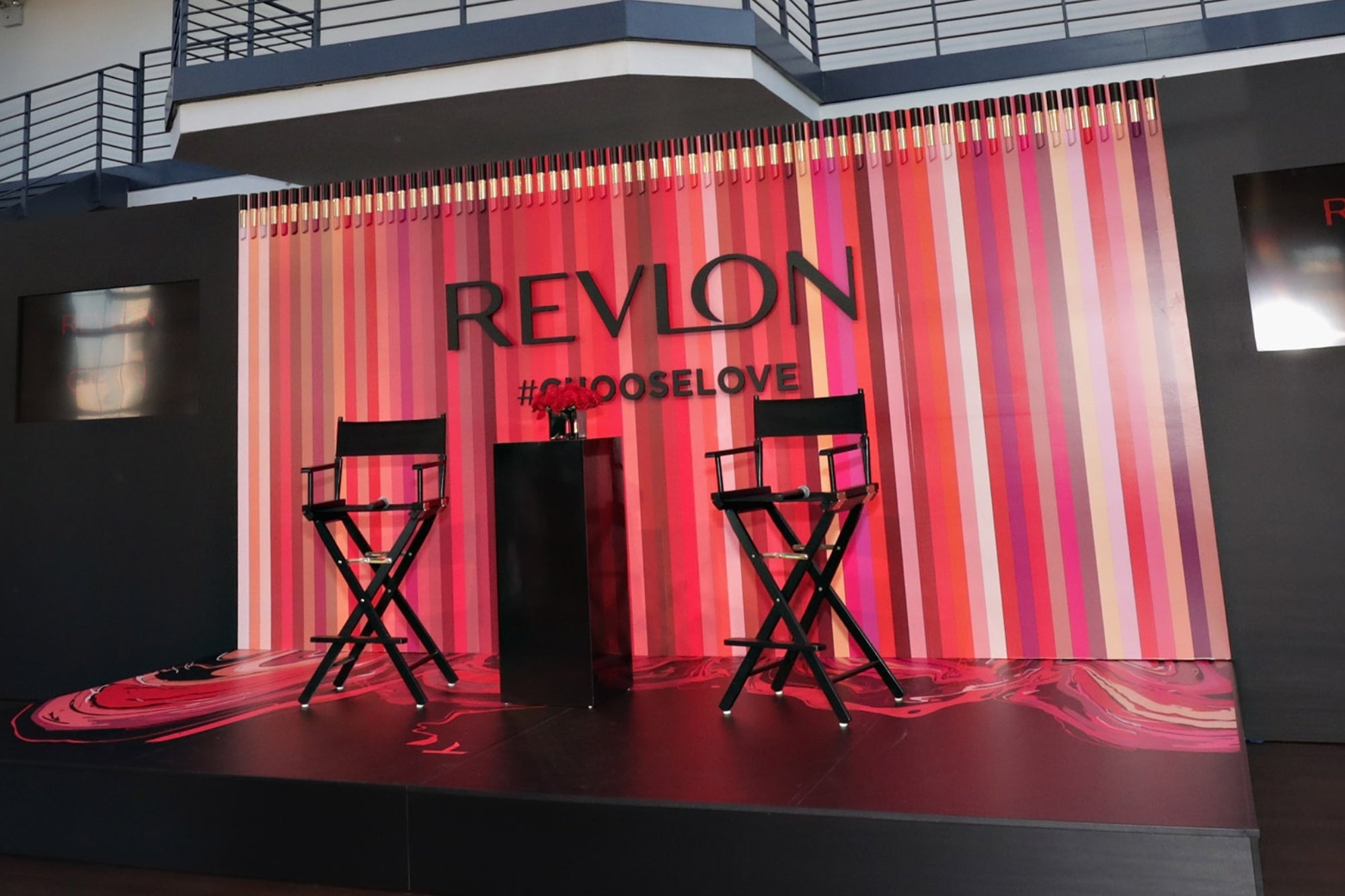Revlon Files for Bankruptcy After Nearly 100 Years 'Supply chain challenges continue to have an impact.'
By Emily Rella
Opinions expressed by Entrepreneur contributors are their own.

It might be the end of an era for legendary cosmetics brand Revlon.
The iconic beauty, which is nearly a century old, officially filed for Chapter 11 bankruptcy on Thursday, citing "macro-economic issues" as the primary reason, specifically "legacy debt" challenges and supply-chain disruptions.
Revlon is expected to receive $575 million in DIP financing to help day-to-day operations and maintain business as usual.
"Today's filing will allow Revlon to offer our consumers the iconic products we have delivered for decades, while providing a clearer path for our future growth," Revlon President and CEO Debra Perelman said in a company statement. "Consumer demand for our products remains strong – people love our brands, and we continue to have a healthy market position."
Though Revlon posted strong Q1 2022 earnings, the damage incurred by the pandemic and its subsequent issues were too vast to mitigate for the legacy cosmetics company.
Related: How Jamie Kern Lima Negotiated a $1.2-Billion Deal for IT Cosmetics
The company's most recent earnings report boasted its highest first quarter in operating income since 2016, bringing in $479.6 million in net sales, a 7.8% increase year over year.
But Perelman admitted that "supply chain challenges continue to have an impact" on the company, noting Revlon's strategy to double down on "core" brands and an aggressive digital strategy. Yet the company still saw a $67 million net loss during Q1.
Revlon was purchased in 2016 by former rival skincare and cosmetics brand Elizabeth Arden in a reported $870 million deal. The acquisition kept Revlon as the parent brand both forward-facing and on the NYSE as the ticker symbol.
"We expect to benefit from greater scale, an expanded global footprint and a significant presence across all major beauty categories and channels," the company said at the time. "As a combined organization with net sales of approximately $3 billion, this acquisition will help to further accelerate our growth trajectory, position us among the top beauty players and unlock far greater upside than either company would have realized on a stand-alone basis."
Related: How Kylie Jenner Built One of the Fastest-Growing Beauty Brands
The Revlon, Inc. portfolio oversees several legacy and newly-instated brands, namely Revlon and Elizabeth Arden as titular brands, plus Almay, Cutex, and a number of celebrity fragrances including Britney Spears and Juicy Couture.
The 90-year-old company faces challenges with the rise of celebrity and influencer-owned makeup brands and collaborations, many of which have seen tremendous success.
Kylie Jenner's namesake brand, Kylie Cosmetics, for example, sold to beauty behemoth Coty, Inc. in early 2020 for an estimated $600 million. Coty also oversees popular drugstore brands (and Revlon rivals) Rimmel London and Sally Hansen.
Rihanna's famed beauty line, Fenty Beauty, operates under luxury fashion and lifestyle house LVMH, whose beauty portfolio features the fan-favorite KVD Beauty and Benefit Cosmetics.
Though the exact valuation of Fenty Beauty has not been disclosed, Forbes pointed to the beauty line as being responsible for the bulk of the earnings that have led to Rihanna's newly declared billionaire status.
These purchases and partnerships have been fruitful: Coty saw a 22% increase in net revenue during Q1 of this year, while LVMH saw a 29% increase. Revlon has not acquired many brands.
As of early Thursday afternoon, Revlon Inc. was down a brutal 84.5% in a one-year period.










